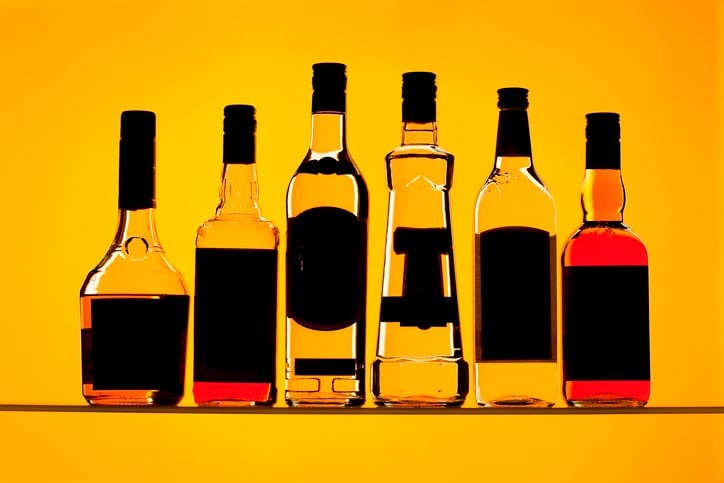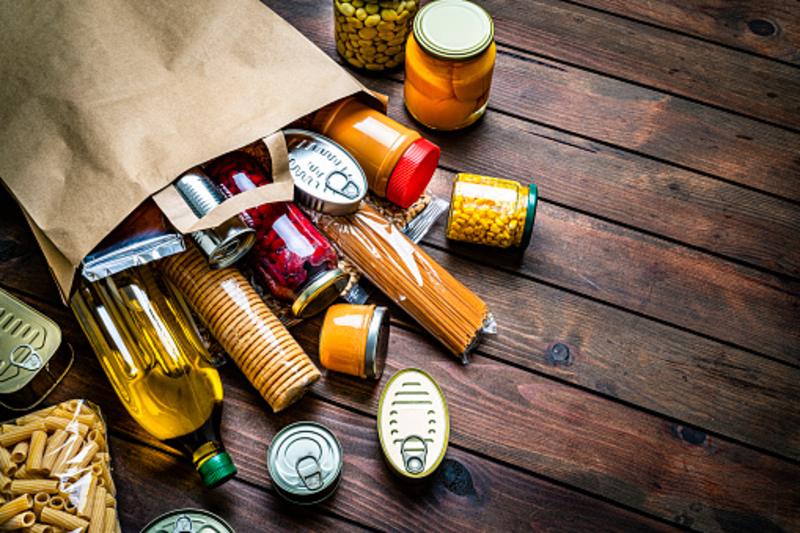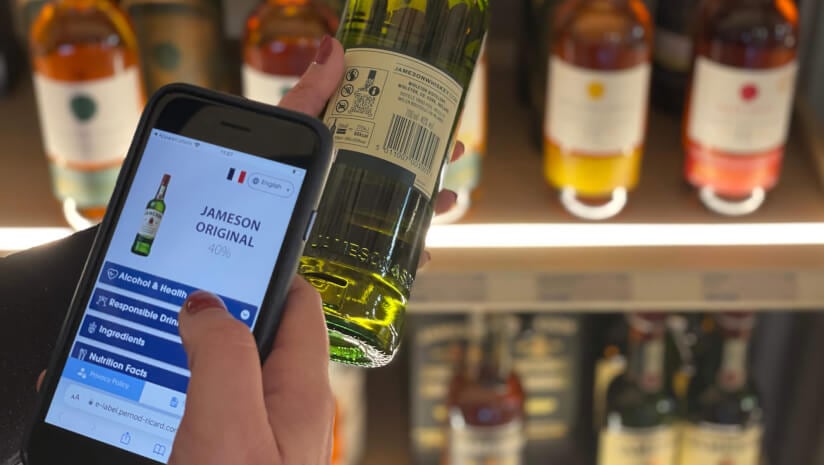Cambodia is currently one of few countries left globally that does not have a minimum Legal Purchase Age (LPA) to buy alcohol, leaving minors in the country vulnerable to its influence.
The Cambodian government only recently proposed draft alcohol legislation including an LPA to limit minor access to alcohol, and the local alcohol industry believes that there is even more that can be done, with the Asia Pacific International Spirits and Wine Alliance (APISWA) now funding new research on the matter.
The study will be led in a collaborative effort between the Southeast Asia Public Policy Institute (SEAPPI) and the Asian Vision Institute (AVI).
“Understanding and addressing the social and economic implications of alcohol consumption is critical to fostering a healthier and more sustainable future for Cambodia [and] this marks a significant step in shaping evidence-based policies that promote responsible consumption,” AVI President Dr Chheng Kimlong told FoodNavigator-Asia.
“Efforts are clearly needed to address alcohol-related harm in Cambodia as the prevalence of harmful drinking has increased steadily since 2010 and road traffic-related deaths are one of the highest in ASEAN, especially amongst young adults between 20 and 29.
“This is made worse by a lack of reliable and up-to-date data on drinking patterns, outcomes, and the prevalence of unrecorded alcohol that represents 48% of total consumption in the country [so] collecting national-level data is essential for understanding the causes and contributing factors of harmful drinking.
“This is key enabling the development of effective policies and interventions, [and] we aim to ensure that regulations and guidelines established reflect Cambodia’s unique needs while aligning with global standards.”
The study is expected to include a review of existing available data on harmful consumption trends in Cambodia, including a national population-based survey and an analysis of best practice policy solutions and interventions adopted by countries around the world.
This will culminate in the formulation of policy recommendations to the government to reduce the societal impacts of harmful alcohol use, including national drink guidelines and educational programmes on responsible consumption.
Although APISWA will be funding the study, for transparency data will be independently collected and the research designed using recognised methodologies and shared to a consortium of representatives from both the government and private sectors at a policy roundtable in March 2025 for comments and approval.
Practical measures
The alcohol industry in Cambodia has also been increasingly focused on promoting self-regulation in recent years via the introduction of a Responsible Marketing Code to govern alcohol advertising and various other measures.
Another one of these was alcohol giant Pernod Ricard’s recent launch of its digital label, with information provided in the Cambodian national language Khmer, in order to ensure accessibility for more local consumers.
“The information provided via the digital label helps consumers make informed decisions about whether and how much to drink, which we hope will set a new industry standard and improve awareness about the risks of harmful consumption,” Pernod Ricard Cambodge MD Daren Ong told us.
“80% of our spirits and wines in Cambodia will carry the e-label moving forward, and we continue to support the Royal Government of Cambodia’s ambitions to build a better-informed society.”





